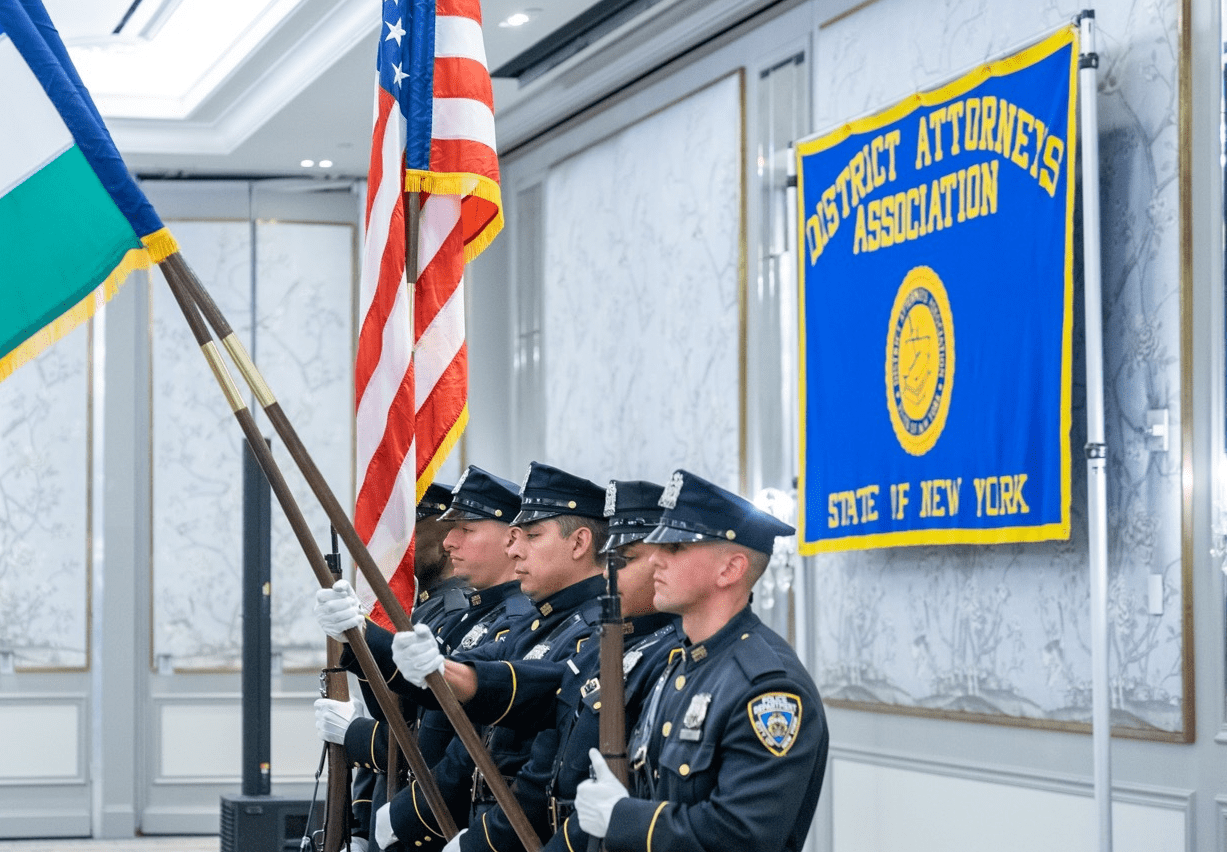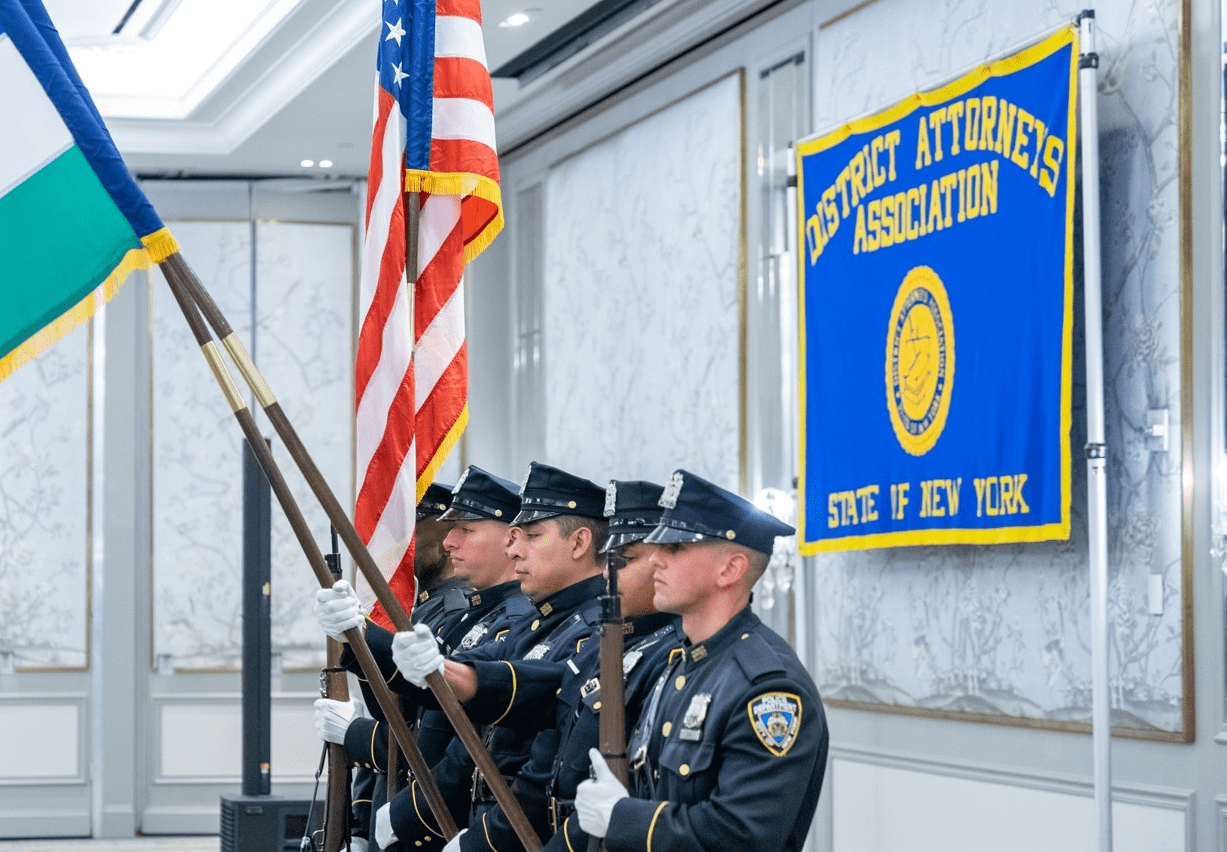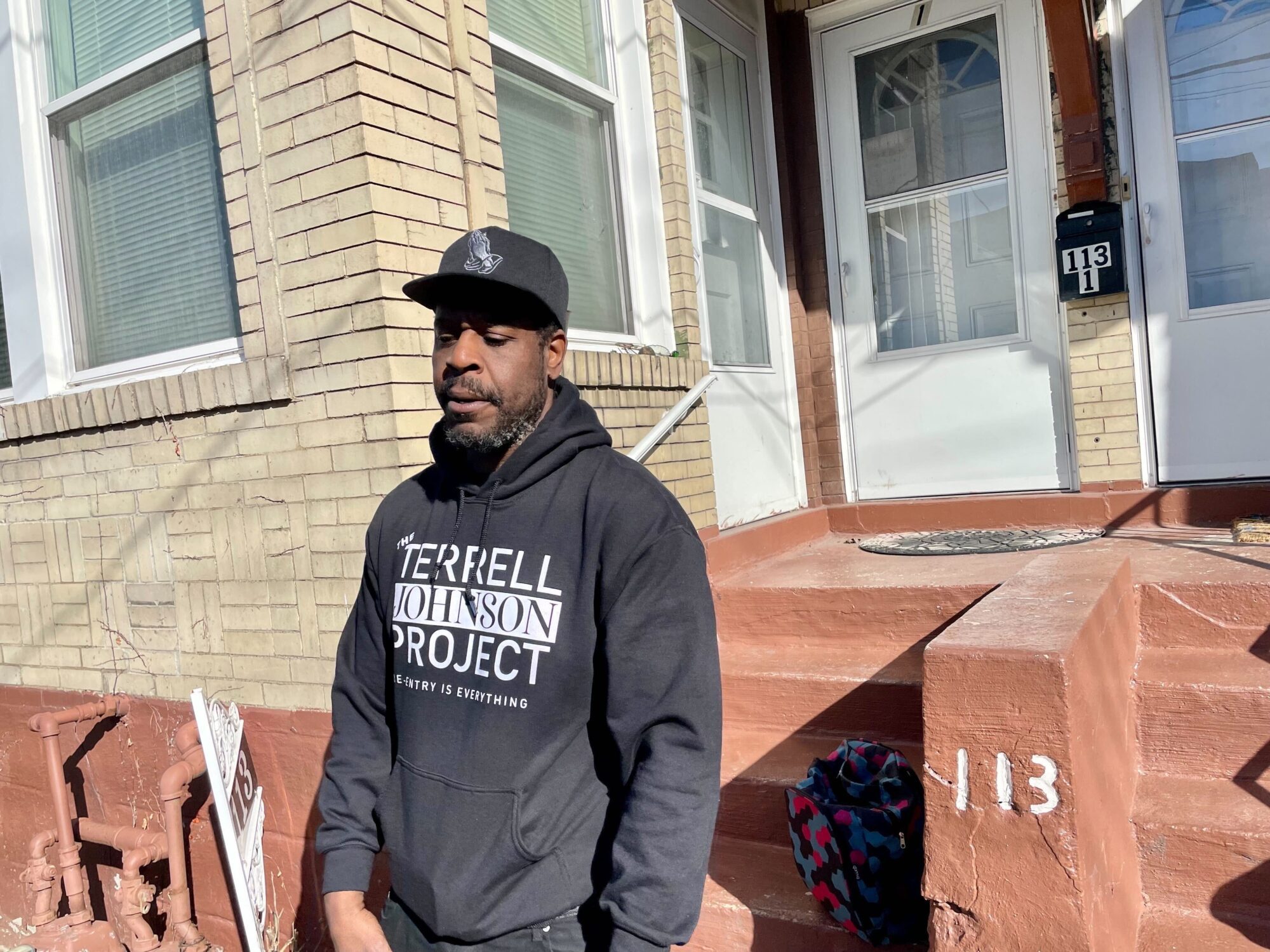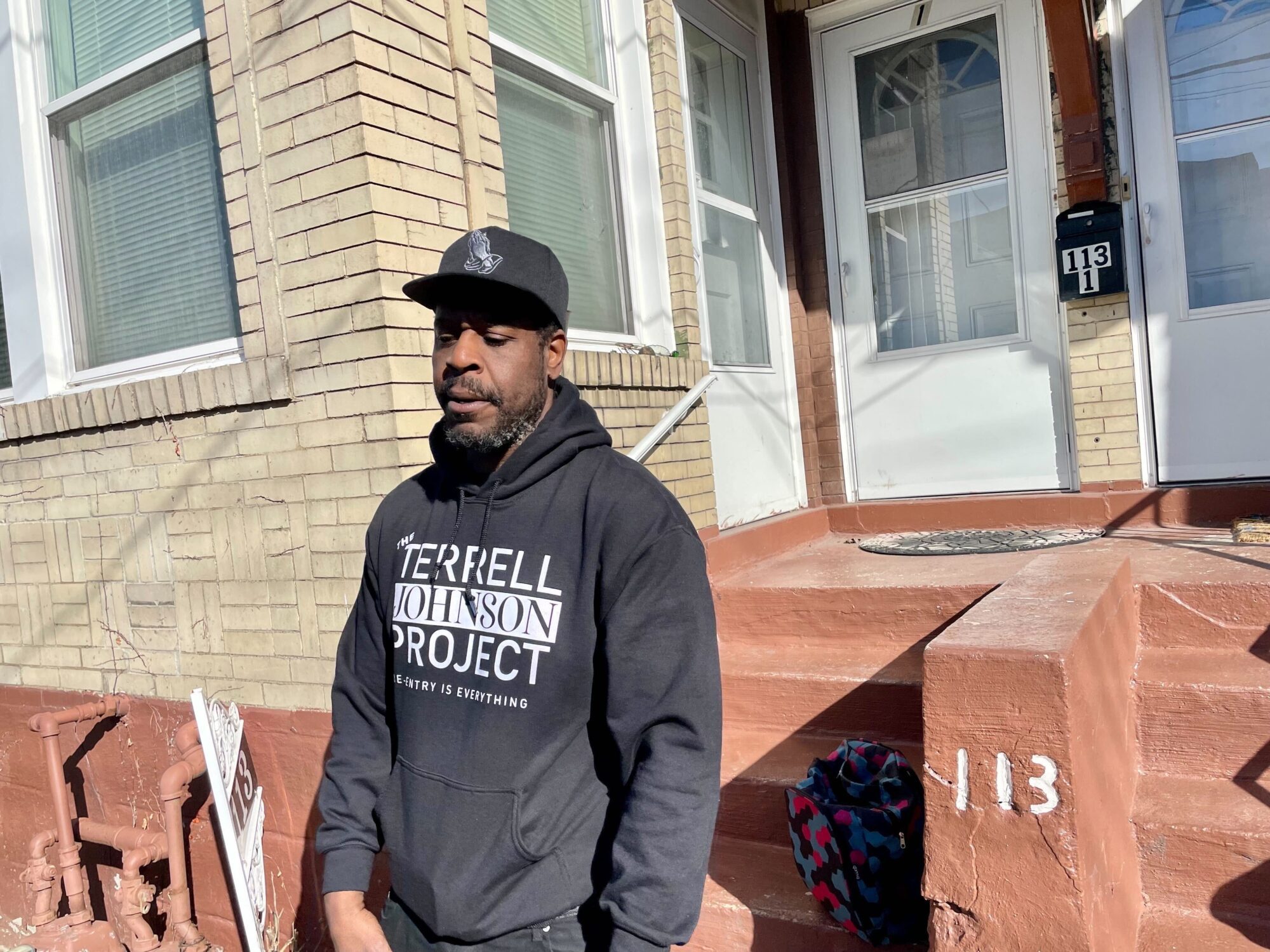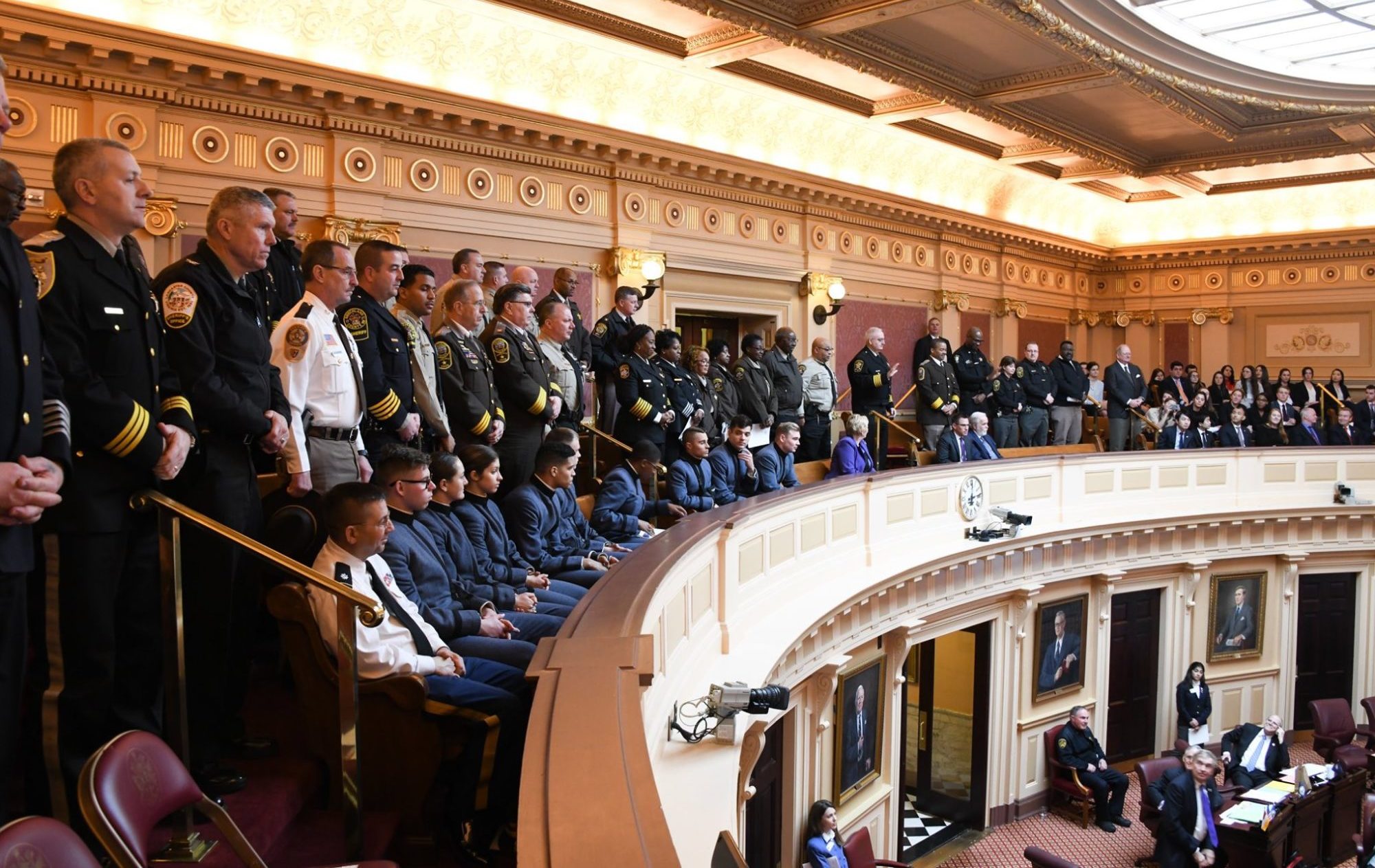Reform Prosecutors Sweep Three Northern Virginia Primaries
“If this election was a referendum on reform, our voters emphatically responded that they will not go backward,” said one of the victors after defeating her police-backed challenger.
Alex Burness | June 21, 2023
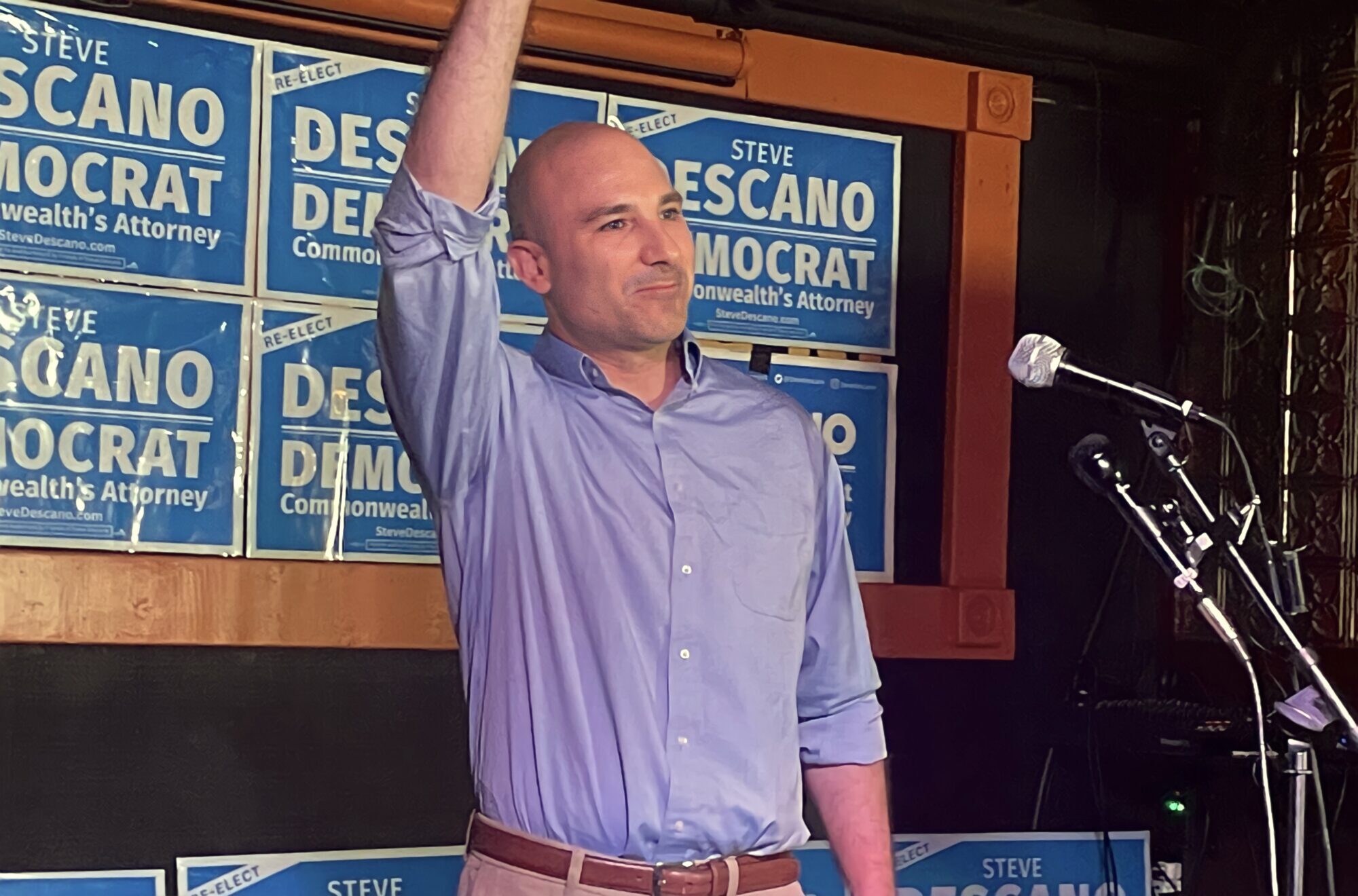
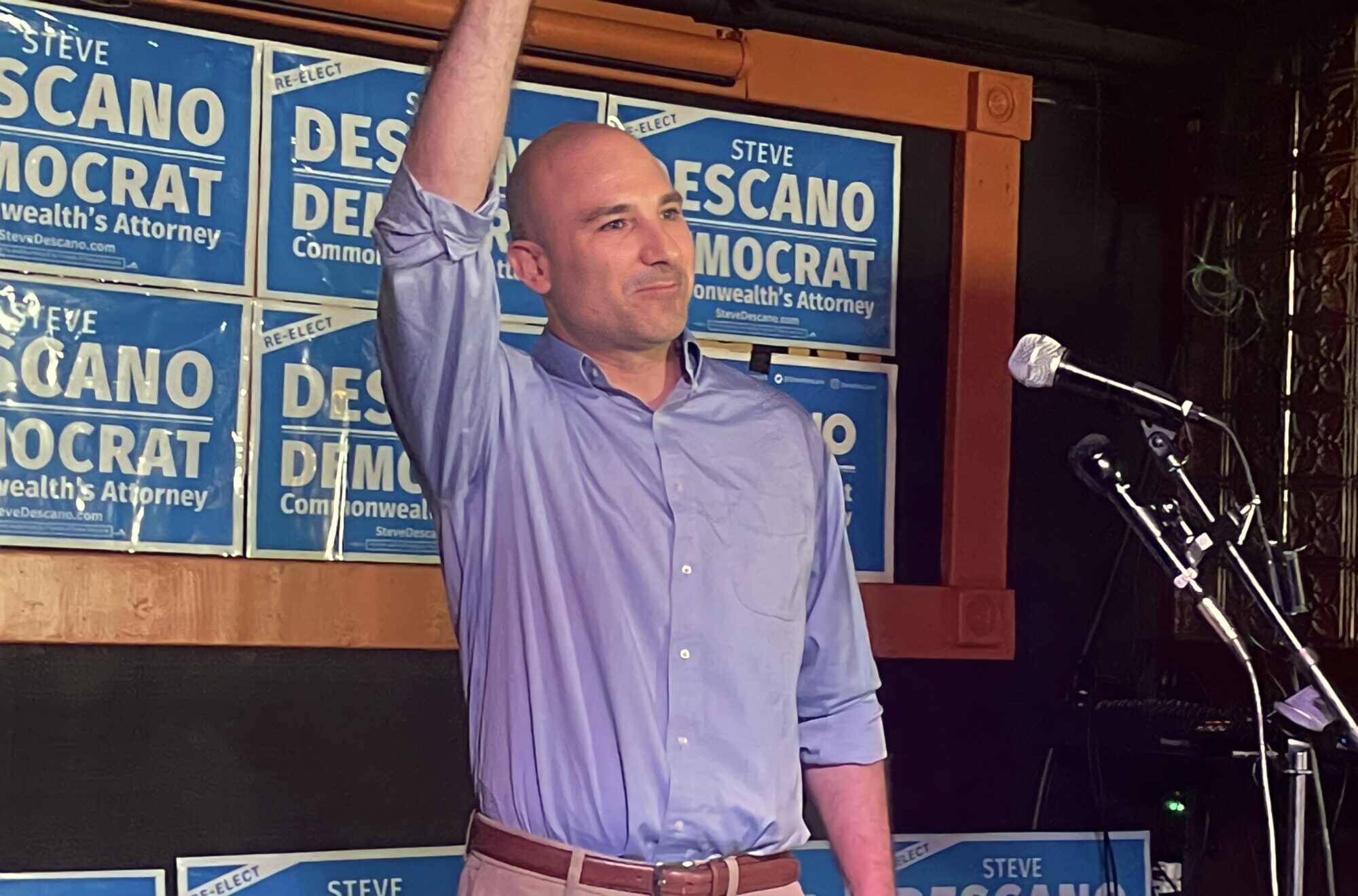
Northern Virginia voters doubled down on criminal justice reform in Tuesday’s primaries, carrying to victory a trio of Democratic prosecutors who were facing challenges from their right.
Steve Descano, Parisa Dehghani-Tafti, and Buta Biberaj were swept into office on reformist platforms four years ago in Fairfax, Loudoun, and Arlington counties, respectively. They quickly joined forces as part of a statewide alliance, the Virginia Progressive Prosecutors for Justice, that lobbied for changes like abolishing the death penalty and stepping up expungements. They also drew anger from conservative politicians and local law enforcement for not pursuing cases more aggressively, and clashed with judges and police—but survived recall efforts.
On Tuesday, each faced primary challengers who accused the incumbents of mismanagement and who, to varying degrees, threatened to unwind reforms enacted since 2019 and kneecap the progressive coalition. Local police unions endorsed the challengers in Arlington and Fairfax counties, while in Loudoun County the local Republican Party invited its base to cross over to support challenger Elizabeth Lancaster in the Democratic primary.
The incumbents all prevailed with leads of 10 to 13 percentage points, and they cast their wins as vindication.
“Make no mistake: this is a referendum,” Descano told Bolts inside The Auld Shebeen, the Fairfax pub where he gathered with supporters on Election Night. “We’ve had police unions come at us, Republican money coming in, the GOP actively telling people to come and vote in these open primaries.”
“Victory is going to show that the appetite for reform is maybe even bigger than it was before,” he added.
Dehghani-Tafti echoed Descano’s language in a statement to Bolts: “If this election was a referendum on reform, our voters emphatically responded that they will not go backward.”
Some reform advocates and defense attorneys have voiced disappointment over the last four years, criticizing the three incumbents for not being bold or consistent enough in pursuing local reforms. Arlington’s lead public defender, Brad Haywood, wrote an essay last year laying out how this band of “progressive prosecutors” had fallen short of their promises.
But Haywood, who has also founded a statewide reform organization Justice Forward Virginia, expressed relief at Tuesday’s results given the alternatives. “We’ve gotta make baby steps in this movement to get to a point where people are ready for more transformative change,” he told Bolts, adding that Dehghani-Tafti’s win in Haywood’s own county is “significantly more than a baby step” because he sees her as the most committed to meaningful reform.
The Working Families Party, a national progressive organization, also endorsed the three incumbents. Vidal Hines, their political director in the mid-Atlantic region, says the trio’s victory shows that reform policies are more politically viable than many may assume. “Voters recognize that these DAs came in four years ago and were focused on reform,” Hines said, “and at the same token recognize that locking people up won’t get us out of this problem of crime, and that we’ve got to be much smarter and more strategic about how we approach that.
These three prosecutors represent suburban areas that combine to make up the wealthiest swath of Virginia. Winning in such areas can be tricky for candidates who run on reform, since they must win over and turn out a large number of white, affluent suburbanites who have not personally faced arrest or prosecution.
One such suburban voter, Bruce Waxman, said at Descano’s election watch party that he’s had good feelings toward law enforcement in the past and has hosted multiple fundraisers for the local sheriff, but has been moved by the call for prosecutorial fairness.
“If you have money, if you have resources, you’re not going to spend time in jail,” he told Bolts. “Whose ox is being gored? Is it the more established person with better resources, or the person for whom justice has been difficult to achieve?”
Since their victories in 2019, the three incumbents have each overseen a decline in their local jail populations, and boosted diversionary programs meant to keep people who have committed crimes out of jail and in their communities.
Dehghani-Tafti and Descano also followed through on their campaign promise of not prosecuting simple marijuana possession, leading them to fight with local judges who refused to let them dismiss police arrests over marijuana. (The legislature ended up legalizing marijuana in 2021.) Biberaj has made fewer concrete policy announcements. But she too has clashed with public officials who object to policies that reduce incarceration; one Democratic county supervisor slammed Biberaj for getting “as many people out of jail as possible.”.
These incumbents’ primary opponents accused them of being responsible for increases in crime, which they dispute; in Arlington, reform advocates accused local police of manipulating crime data ahead of the election. Jason Miyares, Virginia’s Republican attorney general, has also frequently attacked these prosecutors and unsuccessfully lobbied lawmakers to undercut their powers.
Descano called out Miyares during his victory speech Tuesday night for thinking “that his path to higher office is by undercutting reforms here in Fairfax County.” When a supporter in the crowd yelled back that Miyares is an “asshole,” Descano smiled wide and said, “He said it, not me.”
But the incumbents have also drawn fire from their left. Descano, for instance, announced his office would no longer seek cash bail, though local public defenders later denounced his office for objecting to pretrial releases during the pandemic. The county’s lead public defender told The Appeal at the time, “While there may be a person at the top who suggests that there is a policy in place, it’s not actually being implemented in the courtroom.”
Haywood also singled out Biberaj as falling short of his hopes. “Buta has actually ticked off most people who are actually criminal justice reform advocates,” he said. “She nevertheless kept holding herself out as a criminal justice reformer, progressive type.” He cautioned that there are “massive ideological differences” among the trio that won on Tuesday.
In separate interviews with Bolts this month, Descano and Dehghani-Tafti said their ability to carry out greater reforms has been hampered at every turn by uncooperative partners in law enforcement and in court. They also said that they’ve faced internal resistance from line prosecutors in their own offices who resisted their policies. Josh Katcher, the losing candidate in Arlington County, was a former employee of Dehghani-Tafti’s office.
Now, Tuesday’s winners exit the primaries emboldened. “The idea of reform has really taken root,” Dehghani-Tafti said. “The idea that we should be doing treatment and taking the approach of creating diversion and rehabilitative programs have taken root.”
These three elections were the only contested Democratic primaries for prosecutor anywhere in Virginia on Tuesday. All counties are electing their commonwealth’s attorney this year.
Descano and Dehghani-Tafti will have no Republican opponents in November. Descano represents Fairfax County, the state’s most populous county with more than one million Virginians, as well as adjacent Fairfax City. Besides Arlington County, Dehghani-Tafti’s district also covers the independent city of Falls Church.
In Loudoun County, which leans blue but is the least Democratic of the three counties, Biberaj will face Republican Bob Anderson, who served as the county’s commonwealth’s attorney from 1996 to 2003 and is starkly criticizing Biberaj’s tenure.
Notably absent from Tuesday’s electorates were scores of people with intimate understanding of crime and punishment. Governor Glenn Youngkin, a Republican, ended his predecessor’s policy of automatically restoring voting rights to people once they leave prison, effectively barring thousands of Virginia residents released in the past couple years from participating.
Erin Apgar, who lives in Fairfax County, said she has applied for voting rights after she was released from prison last year but has not heard back from the state. It’s “ridiculous,” she told Bolts, that she was locked out of voting on Tuesday—doubly so since sheriff and prosecutor races were on her local ballot.
“It’s completely unfair and really creates a sense of discouragement,” Apgar said. “When you’re trying to turn your life around, and even if you have successfully turned your life around, you’re still unable to vote on things that are important.”
She added, “The people that are most affected by criminal justice reform, or lack thereof—we’re the ones that are silenced.”
Sign up and stay up-to-date
Our weekly newsletter on the local politics of criminal justice and voting rights



